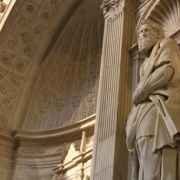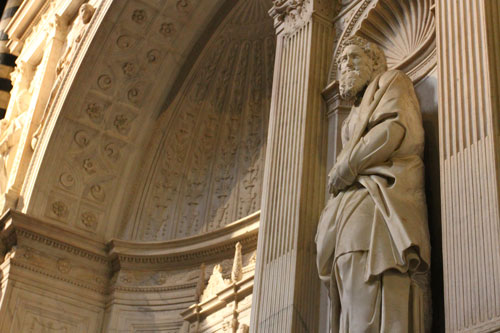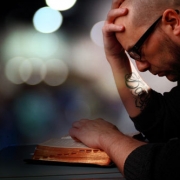Ready to Run
Then the LORD answered me and said:
“Write the vision
And make it plain on tablets,
That he may run who reads it.”
Habakkuk 2:2
Every Bible preacher or teacher wants to be effective. We might have different opinions about what true effectiveness is, but we all want to see God accomplish something in and through what we do for Him. This half-verse from Habakkuk 2:2 gives some great thoughts on doing what we do as effectively as possible. Look at the verse carefully and see.

How to Preach Better
Write the vision: Habakkuk first had to see the vision. The preacher cannot make anyone else see what he does not see for himself.
Write the vision and make it plain: Habakkuk then had to make it known. The preacher must do what he can to make the word of God known, and make it known in as many ways as possible.
Write the vision: Habakkuk had to make it known as permanently as possible – he was told to write the vision. The preacher must do what he can to make a lasting impact on his listeners.
Make it plain: Habakkuk had to make it plain. Sometimes we Bible preachers and teachers have a way of making the Bible seem much more confusing than it is! Ask God to give you the gift of simplicity and clarity in your teaching and preaching.
That he may run who reads it: Habakkuk had to make it practical. It doesn’t say, “that he who runs may read it,” but “that he may run who reads it.” The running – the activity and progress – comes forth from God’s Word.
God helping us, we will deliver a clear message that faithfully relates God’s revelation – His wonderful word, and we will do under the anointing and blessing of the Holy Spirit. Then those we serve with God’s Word can get out and run the race God has for them.
Blessings to You in Jesus’ Name – David Guzik
Click Here to Receive Email from David for Pastors, Preachers, and Bible Teachers












